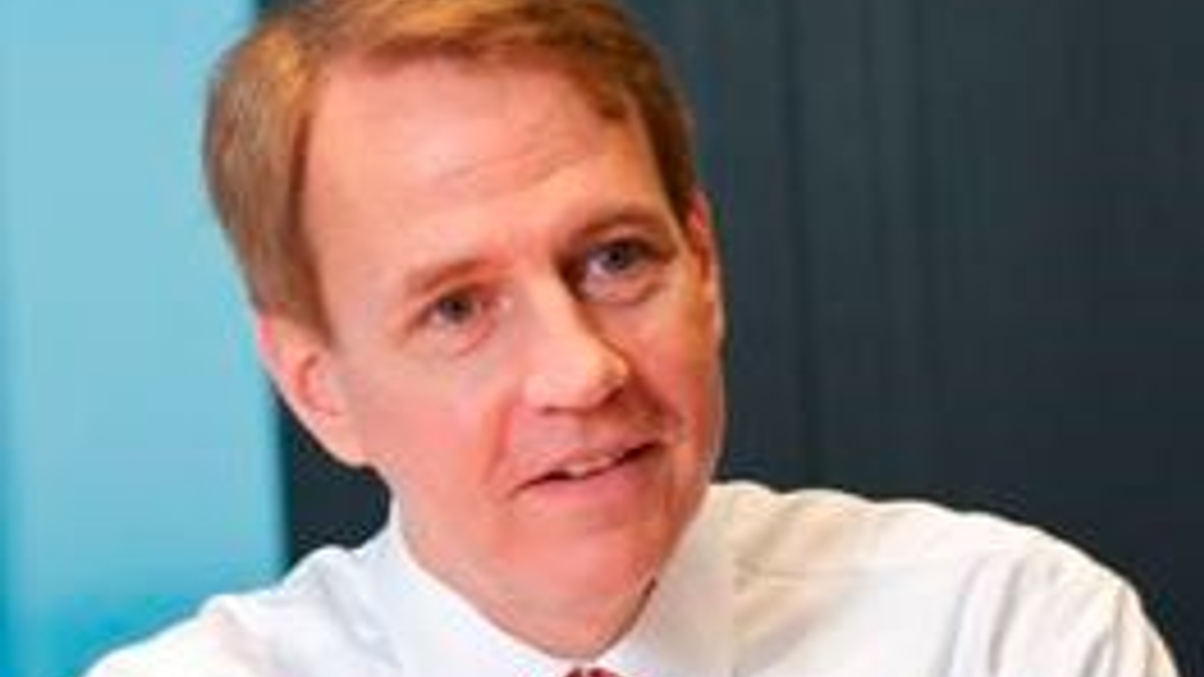Asian private-equity fee practices found to be sub-optimal
But business standards among Asian PE funds are still better than those elsewhere in the world, according to a survey by fund-of-private-equity-funds firm Squadron Capital.

More than 55% of Asian private-equity funds charge a flat management fee of 2% on committed capital, compared to the global average of 40%. That's money for old rope when the fund is over a $1 billion, where the average fee is just under 2%. The newly launched $2.5 billion Carlyle Asia Partners 3 fund, for instance, charges 1.5%.
Sign in to read on!
Registered users get 2 free articles in 30 days.
Subscribers have full unlimited access to AsianInvestor
Not signed up? New users get 2 free articles per month, plus a 7-day unlimited free trial.
¬ Haymarket Media Limited. All rights reserved.


